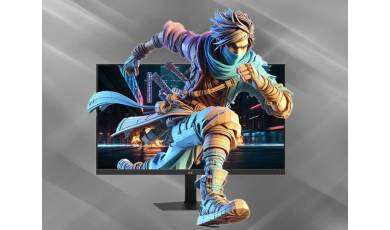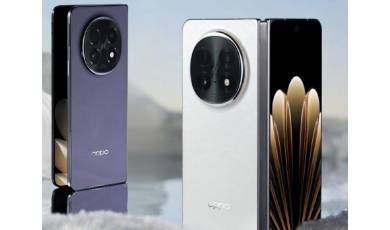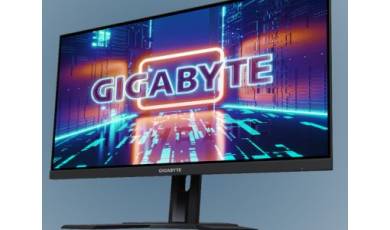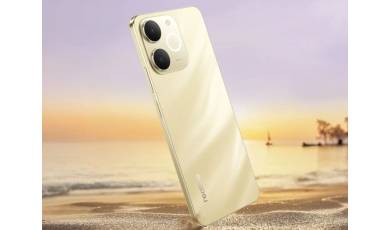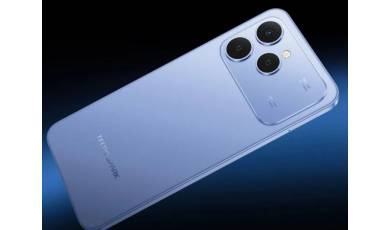HTC One 802D specs.
Mobiles >> HTC >> HTC One 802D| Specifications | Reviews | Secret codes |
| Unlock phone | Root phone |
| Backup | Flash Firmware | Screenshot |
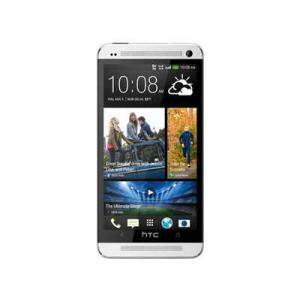
Type HTC One 802D
Type:
Smartphone
Basic characteristics HTC One 802D
Smart Phone OS: An operating system (OS) is software that interacts between a user and a smartphone.
An operating system (OS) is software that interacts between a user and a smartphone.
Android
OS ver:
Android 4.1 Jelly Bean
SIM:
Micro SIM
Dual SIM
Dual SIM
CPU: Central processing unit
Central processing unit
Qualcomm Snapdragan 600, Quad Core
Processor Speed
1.7 GHz
Storage:
32GB
RAM: Random Access Memory
Random Access Memory
2GB
External Storage:
microSD, upto 64 GB
Battery:
2300 mAh
Screen HTC One 802D
Screen Size: This diagonal display size is usually measured in inches.
This diagonal display size is usually measured in inches.
4.7 inches
Screen Resolution: Screen resolution refers to the size of the image received on the screen in pixels
Screen resolution refers to the size of the image received on the screen in pixels
1920 x 1080 Pixels
Network HTC One 802D
Type:
2G
3G
3G
2G: Second generation cellular network
Second generation cellular network
GSM 窶_xDC93_ 900, 1800, 1900 and EVDO Evolution-Data Optimized REV. A (800 MHz);
Evolution-Data Optimized REV. A (800 MHz);
3G: Third generation cellular network
Third generation cellular network
UMTS - 2100
Speed:
HSPA
Camera HTC One 802D
Front Camera:
2.1 MP
Others HTC One 802D
Features:
Bluetooth
Size HTC One 802D
Dimensions:
68.2x137.4x9.3 mm
Weight:
143 g
Comments, Questions and Answers about HTC One 802D
Ask a question about HTC One 802D

